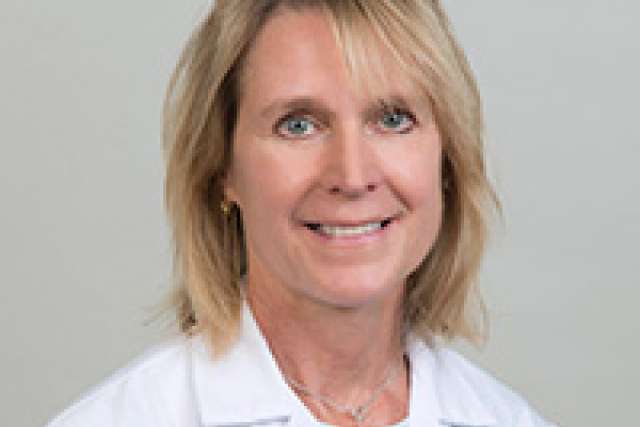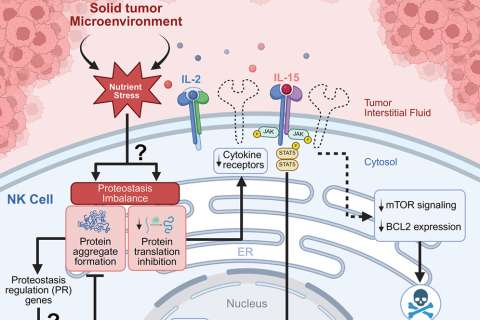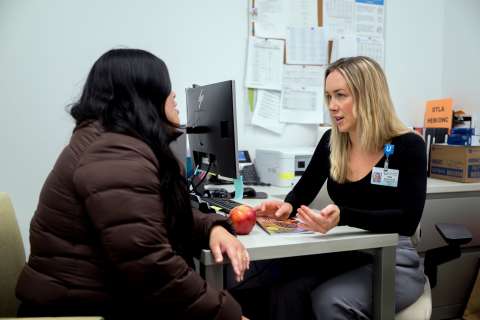A UCLA bioengineer’s research project to develop a paper-based diagnostic device that can rapidly determine if women are at risk for cervical cancer has won a $100,000 grant funded by the Bill and Melinda Gates Foundation, the UCLA Henry Samueli School of Engineering and Applied Science announced today.
Grand Challenges Explorations, a $100 million initiative funded by the Gates foundation, supports individuals worldwide to explore ideas that can break the mold in how to solve persistent global health and development challenges.
Daniel Kamei, a UCLA professor of bioengineering, will pursue the innovative global health and development research project with co-investigator Dr. Anna-Barbara Moscicki, chief of adolescent and young adult medicine at UCLA Mattel Children's Hospital. She is also a member of the UCLA Children’s Discovery and Innovation Institute.
Kamei was one of roughly 1,300 applicants applying for a Grand Challenges Explorations grant. The Gates foundation today announced the winners of more than 40 grants.
Despite being potentially preventable and curable, cervical cancer continues to be a leading cause of cancer-related death for women living in regions with limited health care resources. This is largely due to the lack of effective cervical cancer screening programs in developing countries, where there is a clear need for an alternative diagnostic approach to conventional methods.
Cervical cancer screening has traditionally involved direct sampling of the cervix by a health care provider; that poses numerous physical and financial barriers in low-income countries. If women seek to sample cells at the cervix themselves with a vaginal swab, they are unlikely to collect reliable concentrations of biomarkers that can assess the potential for cancer.
So women in resource-poor communities can greatly benefit from a simple, low-cost and equipment-free test that can be self-administered and provide easily interpretable results in less than 30 minutes, according to the UCLA researchers.
Launched in 2008, Grand Challenges Explorations has funded more than 1,186 projects in more than 61 countries. Anyone from any discipline and organization may apply. The initiative uses an agile, accelerated grant-making process, starting with a two-page online application; no preliminary data required. Initial grants of $100,000 are awarded two times a year. Successful projects have the opportunity to receive a follow-on grant of up to $1 million.
The foundation will be accepting applications for the next round of grants in September.




